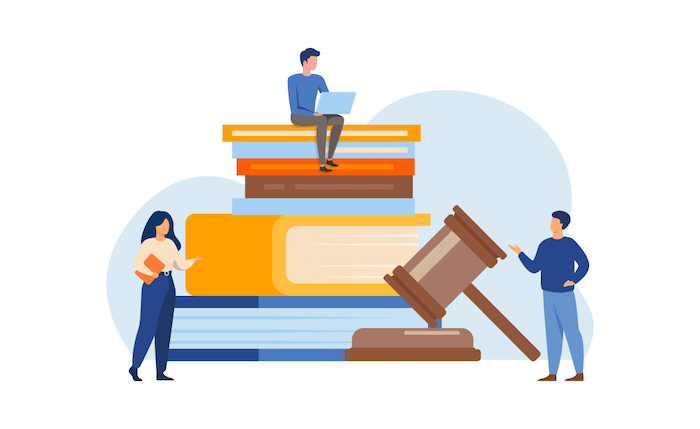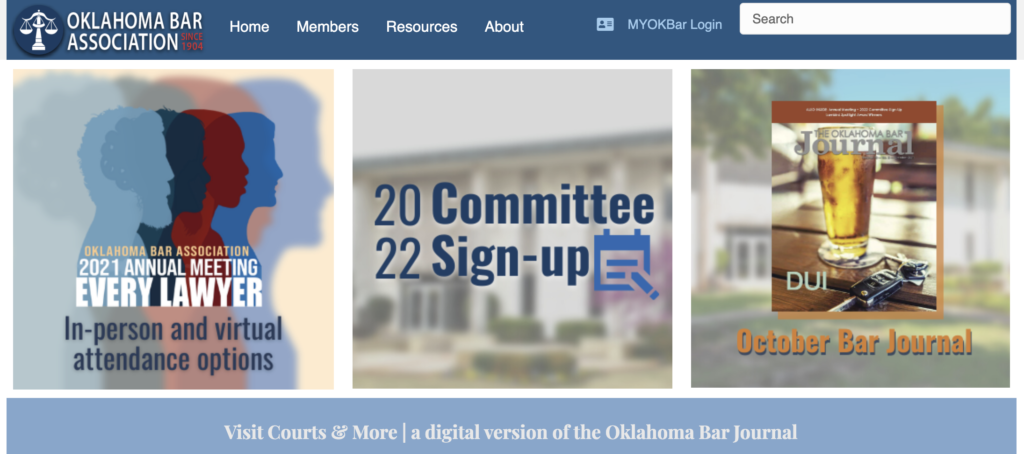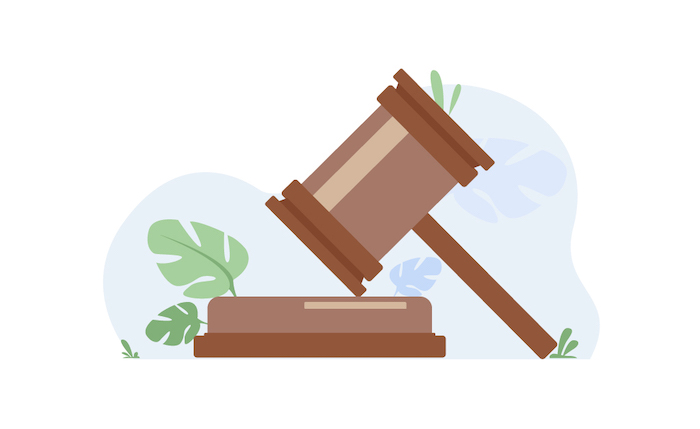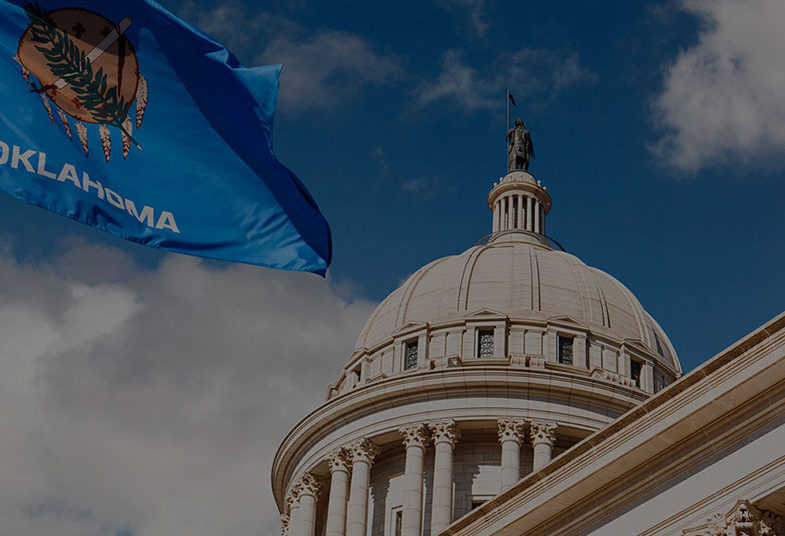How to Find the Best Personal Injury Lawyer in Oklahoma City
Hopefully, you will never need a personal injury attorney. However, if you do, you want to ensure that you hire the best personal injury lawyer in Oklahoma City. Oklahoma is an at-fault state for accidents and personal injuries. Therefore, you have the burden of proving that the other party caused your accident and injuries to recover compensation.
Therefore, you need an attorney who has substantial experience, skills, and resources. Your lawyer needs to conduct investigations, hire expert witnesses, and do everything necessary to gather evidence proving negligence and liability.
Deciding which Oklahoma City personal injury attorney to hire can be confusing. Below is a guide for finding the personal injury attorney that is right for you.
How to Find the Best Personal Injury Lawyer for Your Case
Contents

An attorney is not a “one size fits all” situation. Personal injury lawyers have vastly different skills, experience levels, qualifications, and personalities. Therefore, choosing an attorney based solely on advertisements is not best for you.
Begin your attorney search by asking people you trust for recommendations. It is best if they used the attorney for another case. Direct knowledge of the attorney is extremely valuable.
If you know an attorney that practices a different area of law, you might want to ask that attorney for a referral. Often attorneys are familiar with other attorneys and their abilities. Judges and court personnel may also be excellent sources of recommendations.
The Oklahoma Bar Association has a “find a lawyer” directory that helps people search for attorneys located near them. The directory is not a recommendation or referral to an attorney.

It is a good idea to plan to meet with at least two or three attorneys.
Most personal injury lawyers offer free consultations, so it does not cost you anything to meet with the attorney to discuss your cases. Meeting in person allows you to evaluate the attorney for yourself and obtain different opinions regarding your case. You are not obligated to hire an attorney after your initial consultation.
Before meeting with each attorney, it can help to do a little research online. You can find a great deal of information about personal injury lawyers from their websites, peer review websites, and client reviews. In addition, many lawyers have social media websites that you may also want to review.
Questions to Ask a Personal Injury Lawyer

When you meet with a personal injury attorney in Oklahoma City, these questions can help you evaluate whether you want to hire a lawyer.
How much experience do you have handling cases similar to my case?

As stated above, you want to hire a lawyer who practices in the area of personal injury law. However, it is best to hire a lawyer with experience handling your specific type of case.
For example, if you were involved in a slip and fall accident, you want a premises liability lawyer. On the other hand, if a defective product caused your injury, then you want to search for a product liability lawyer.
Even car accident attorneys may have more experience handling certain types of cases. For instance, an attorney may handle car accident claims, but he has very little experience with cases involving commercial trucks or government vehicles.
How much time will you spend on my case?

Some attorneys have such heavy caseloads that they pass the cases to associates or paralegals to handle. While it is good for a law firm to have extensive staff resources, you want to ensure that the lawyer you hire is the person directly handling your case.
What is my personal injury claim worth?

An honest personal injury attorney will tell you that he needs to investigate the claim and analyze your damages to give you an accurate value for your case. The attorney may tell you outcomes of cases similar to your case, but your case is unique.
Search for an attorney who is willing to invest the time necessary to document your damages fully to maximize the value of your case.
How often do you go to trial?

Some personal injury attorneys are known to settle every case to avoid going to court. However, you need a skilled negotiator AND an aggressive trial attorney.
Your case may need to go to trial. If so, having an attorney with experience arguing cases in court gives you a better chance of winning your case.
How long will it take to settle my case?

No attorney can give you a specific timeline for settling your personal injury claim. However, an experienced attorney explains the steps necessary to pursue your case. The lawyer should be able to examine the facts of your case and give you an estimate of a timeline based on what he knows at that time.
Things to Consider When Searching for an Attorney
Some of the important factors that you want to compare when you interview attorneys include:
- Ability to communicate effectively
- Good listening skills
- Experience and education
- Special skills, qualifications, and certifications
- Adequate support staff
- Compassionate and patient
- Affordability
The money you receive for a personal injury claim cannot undo the pain and suffering you experienced. However, it can help pay for ongoing care and reimburse you for financial losses. Make sure you invest the time necessary to find the best personal injury lawyer in Oklahoma City for your case.


